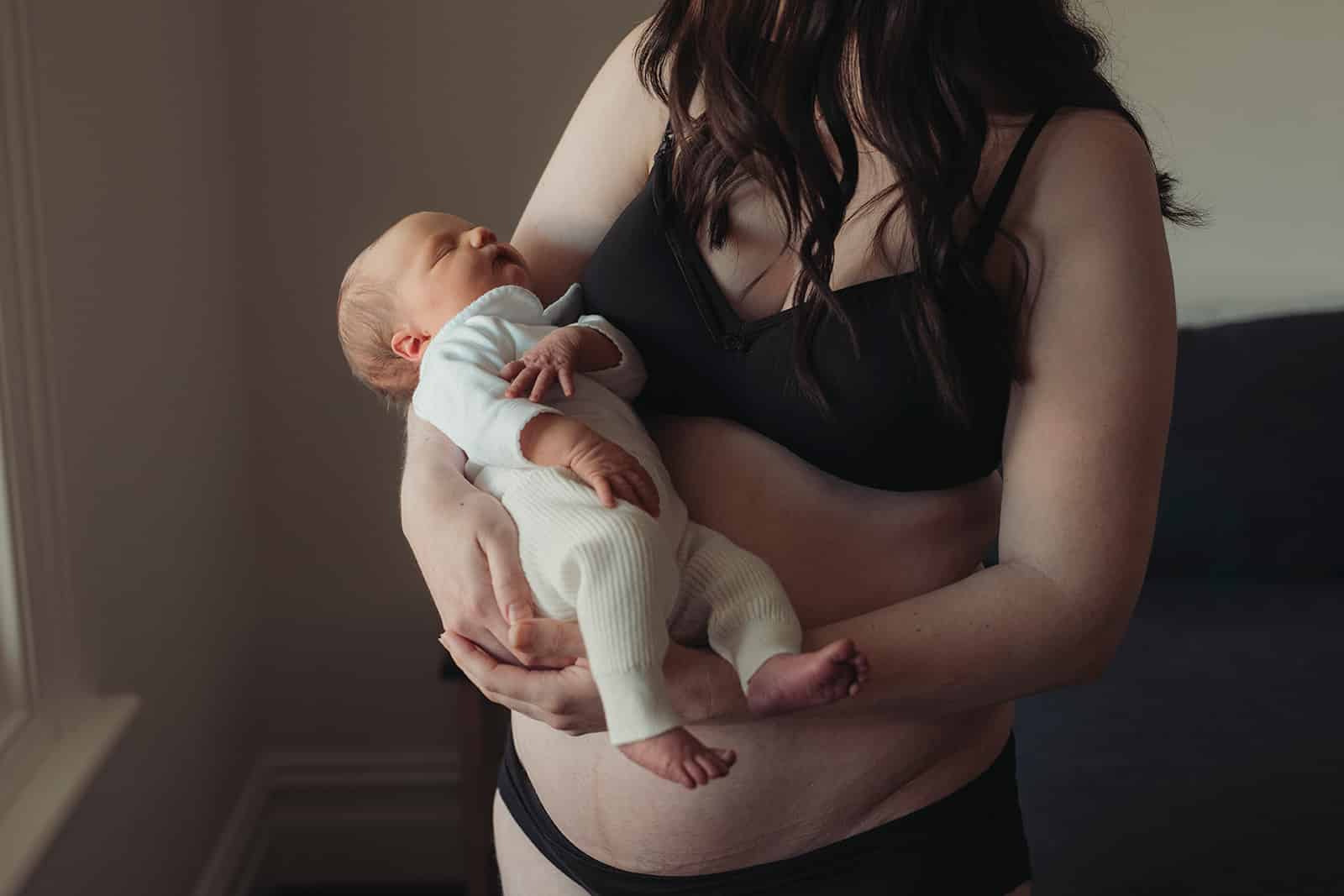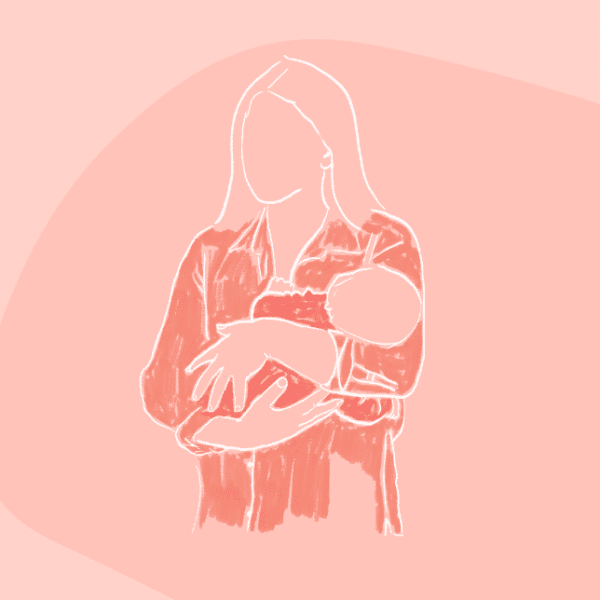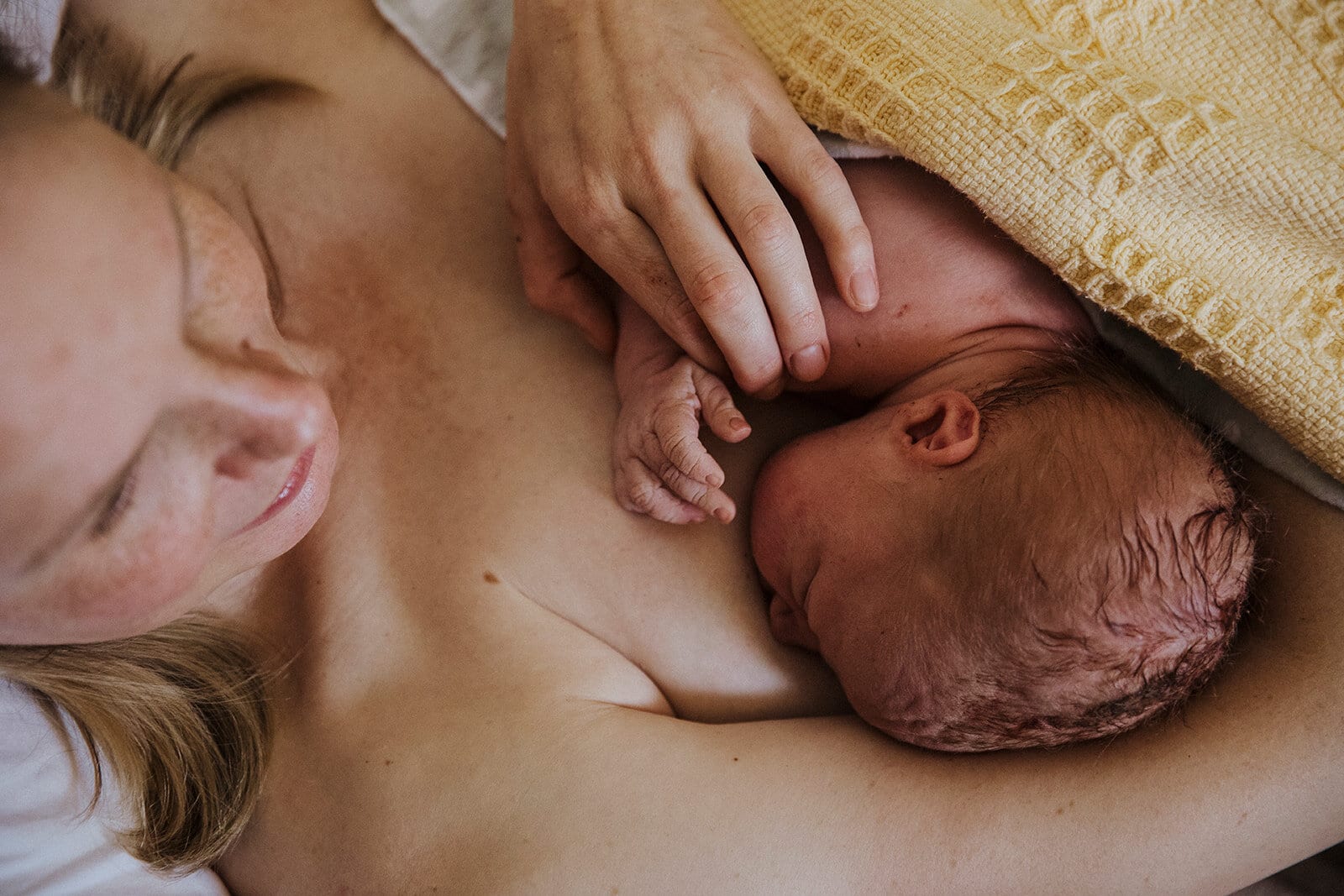Postpartum How to Plan Sleep in Postpartum
How to Plan Sleep in Postpartum

There is so much talk about baby sleep - ‘is he a good sleeper?’ ‘How many naps does he have during the day?’ ‘Is she sleeping through the night?’ but we’re missing the conversations about maternal sleep.
We need to shift the emphasis to the mother because we know that sleep is a preventative to perinatal mental illness. Psychiatrists and psychologists are now prescribing sleep to prevent severe mental illness, especially for those mothers with a history of depression or a diagnosis of bipolar or schizophrenia.
This isn’t a conversation to have once your baby is in your arms. Instead we encourage you to talk about sleep with your partner or support person in pregnancy (after all, there’s less chance of interruption). Planning blocks of solid sleep is a proactive way for you to protect your mental health. In postpartum, when your hormones are haywire, your body is actively healing and your brain is rapidly learning, sleep makes everything that bit easier.
Any sleep is good, but the hours before midnight are best
As the saying goes: an hour of sleep before midnight is worth two afterwards. The best way to plan sleep is to roster it – that way it’s non-negotiable. Granted, newborns can be erratic and your days and nights will be dictated by their needs. However, if your partner can step in and take over all caring responsibilities from 8pm-11pm, you’ll be able to get that solid block of sleep early on so you’re in a better headspace to navigate the rest of the night.
Go to bed early, even if you’re not sleeping
Commonly referred to as a ‘reverse sleep-in’, simply being in bed where you’re more likely to be relaxed and settled, is a form of active rest that’s beneficial for your mind and body. You’ll likely do this in the first few weeks after birth but it can be helpful to embrace it right through the fourth trimester and then a few times a week when your baby is a bit older.
Prioritise rest when you’re awake
Sleep is always a good idea but prioritising rest is also recommended so you are giving your body the best opportunity to recover and heal from birth. There are many different forms of rest and they don’t always involve lying down (although we highly recommend horizontal rest in the fourth trimester as it’s the best way to heal and strengthen your pelvic floor and core). It’s good to consider:
- Social rest : setting boundaries around visitors
- Sensory rest : protect your nervous system which is already susceptible to anxiety in postpartum. Relaxing music, warm baths and listening to a daily meditation can help
- Emotional rest : instead of keeping all your thoughts in your head, chat to your partner or support person, seek reassurance from your health care provider and ‘brain dump’ into your journal to prevent overwhelm.
Embrace sunlight and fresh air in the morning
Sun on your face first thing in the morning helps to reinforce your circadian rhythm (healthy sleep patterns). This may seem frivolous considering you’re likely not getting much sleep but it can help wake you up in the morning and encourage you to fall asleep quickly and easily at night (when your baby allows). Shaking your limbs, staying hydrated and deep breathing definitely helps, too.
Learn how to safely co-sleep
Up to 80% of parents co-sleep, even if they don’t talk about it. That’s why leading safe sleep organisations, like SIDS, now actively endorse co-sleeping and educate new parents around how to do it safely. If you’re pregnant or in early parenthood and you still have absolutely no intention of co-sleeping, it’s recommended that you understand how to do it safely so on a particularly bad night, you can co-sleep if need be.
You can learn more about Your essential postpartum needs here.
Categories
Related Products
-
Discovering Motherhood
12 reviews$119.00The 8-part audio program supporting your empowered and confident transition into motherhood.
Get your copy of our Perineal Massage Guide in your inbox
Keep Reading
We think you might enjoy these articles

Why planning for postpartum is just as important as planning for birth – and how to do it right

Cracked Nipples: Causes, Treatment and Prevention

Caesarean Birth Recovery

What is a C-Section Shelf?
@AustralianBirthStories
Follow along with us
@AustralianBirthStories
Follow along with us
@AustralianBirthStories
Follow along with us
@AustralianBirthStories
Follow along with us
@AustralianBirthStories
Follow along with us
@AustralianBirthStories
Follow along with us
@AustralianBirthStories
Follow along with us
@AustralianBirthStories
Follow along with us
@AustralianBirthStories
Follow along with us
@AustralianBirthStories
Follow along with us
@AustralianBirthStories
Follow along with us
@AustralianBirthStories
Follow along with us






